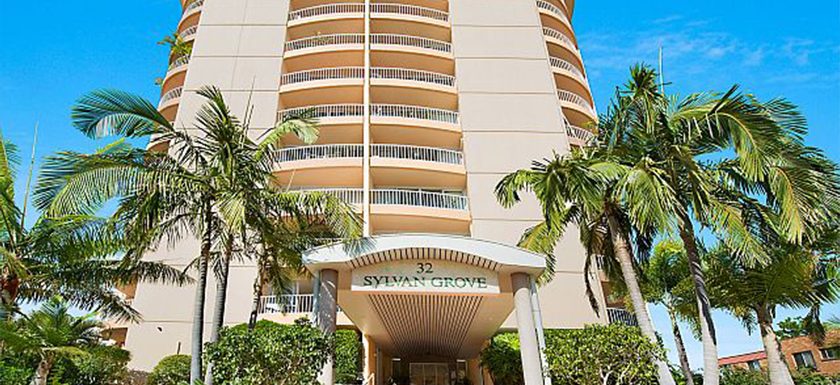No matter which side of the political fence you sit on, Labor’s proposed changes to super that are set to apply from 2025/26 will definitely have a profound effect should the government win re-election in 2025.
Like most government policy around super it is complex and hard to dissect. As always in these matters, ResortBrokers strongly recommends you seek professional advice from a qualified financial adviser.
We did, though, want to share a few thoughts about what we understand the effects of these proposed super changes will be for you. We know a great many of you will be affected, either as landlords who hold your asset in super or as investors in syndicates with your shares in super.
Should you have a great asset and have enjoyed great capital gains because you were wise enough to invest early, when you decide to sell your asset or pass it onto your children or otherwise divest yourself of it, there is discussion that the tax you will pay will rise from what is effectively 10 per cent, which is a one third discount to the standard 15 per cent taxation rate for assets held longer than 12 months, to as much as 30 per cent. This means, for example, that if you own a motel originally purchased for $1 million that is now worth $6 million, your tax on the capital gain ($5 million) could rise from $500,000 up to $1.5 million — a million-dollar difference. Obviously, this will have a profound effect on the quality of your retirement.
To add to the speculation, there are concerns of potential double taxation meaning the rate of tax you pay on your accumulated super year on year will possibly rise from 15 per cent to 30 per cent on amounts over $3 million, which will significantly decrease returns on dividends.
Martin Sammut, Director at SBB Partners, alludes to the central problem. “The main issue is that the tax is levied on the Total Superannuation Balance (TSB), which is the value of the assets in the fund. This means if the value of the assets in the fund increases from one year to the next, then tax will be levied on this increase in market value of the assets held plus ordinary earnings of the fund. This means not only are you paying tax on the ordinary revenue of the fund you are also paying tax on unrealised gains (assets not sold).”
Should you be considering diversifying your income to protect it from having to pay these proposed new taxes, now might be a good time to act. In the current market, there is enormous demand for assets on very tight yields. As long as you settle before July 2025 you will enjoy not only the compression in yield but also the lower tax rate.
Again, we reiterate the importance of seeking professional financial advice. But if the implications of these proposed super changes concern you, we would encourage you to reach out to our broker in your local area who can talk you through in general terms how it might affect your asset. Our phones are always on and we’re always happy to speak with you.
This article was contributed by ResortBrokers.
You can find more information at: https://www.resortbrokers.com.au/
